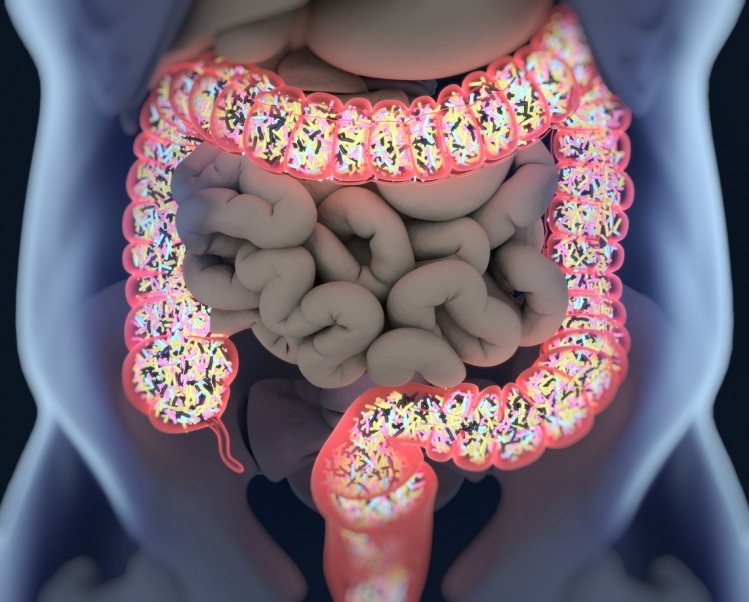
Unraveling the Gut Health Enigma: Debunking Probiotic Myths
In recent years, there's been a significant buzz surrounding gut health and its impact on our overall well-being. With this newfound interest, the market for probiotics, which are live bacteria and yeasts that are good for your health, has exploded. While there are certainly benefits to maintaining a healthy gut, there are also a lot of misconceptions surrounding probiotics. In this article, we're going to delve into the world of gut health, debunk some common myths about probiotics, and provide a balanced perspective on how to support your gut effectively.
Understanding the Importance of Gut Health
The gut, often referred to as the "second brain," plays a pivotal role in maintaining our overall health. It's not only responsible for digestion but also has a profound impact on our immune system, mental health, and more. A healthy gut microbiome, which is the collection of microorganisms living in our digestive tract, is crucial for this. This is where probiotics come into play, as they are believed to contribute to the balance of these microorganisms.
Myth 1: All Probiotics are Created Equal
One common misconception is that all probiotics are the same. In reality, there are numerous strains of probiotics, and they can have different effects on your body. Some strains have been scientifically proven to help with certain conditions, while others may not have any significant impact. The key is to choose the right strain for your specific needs. For instance, Lactobacillus and Bifidobacterium are well-known strains, but they serve different purposes.
Myth 2: Probiotics Can Cure All Digestive Issues
While probiotics can be beneficial for many digestive issues, they are not a universal cure. The effectiveness of probiotics can vary greatly depending on the individual and the condition. Research suggests that they may help with issues like irritable bowel syndrome (IBS), diarrhea, and some forms of constipation, but they may not be effective for conditions like Crohn's disease or ulcerative colitis. Always consult with a healthcare professional before using probiotics to address a specific digestive issue.
Myth 3: More is Better When it Comes to Probiotics
Some people believe that consuming a high quantity of probiotics will yield better results. However, this isn't necessarily true. Excessive probiotics can lead to an imbalance in your gut microbiome, causing digestive discomfort. It's essential to follow the recommended dosage on the product you're using and, when in doubt, seek guidance from a healthcare provider.
Myth 4: Probiotics are Safe for Everyone
Probiotics are generally safe for most people. Still, they may not be suitable for everyone, especially those with weakened immune systems, severe illnesses, or certain allergies. It's important to consult a healthcare professional before adding probiotics to your daily routine, especially if you have any underlying health conditions.
Debunking the Myths with Scientific Evidence
The world of probiotics is continually evolving as researchers uncover more about the gut microbiome. Many studies support the potential benefits of probiotics for various conditions, but it's crucial to be discerning about which strains to use and in what situations. Scientific evidence is the key to unraveling the truth about probiotics and their role in gut health.
Conclusion: Taking a Balanced Approach to Gut Health
In conclusion, gut health is undeniably important, and probiotics can be a valuable tool in maintaining it. However, it's equally crucial to separate fact from fiction and take a balanced approach. Use probiotics when they have scientific backing for your specific needs, and always seek professional advice when in doubt. Remember that a holistic approach to gut health, including a balanced diet rich in fiber, regular exercise, and stress management, is often the most effective way to promote a healthy gut. A healthy gut can contribute to a happier, healthier you, and understanding probiotics' true potential is a significant step on this journey.